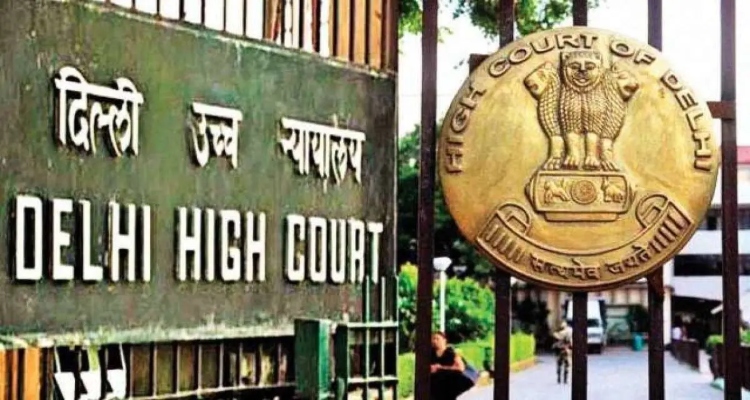
The Delhi High Court has ordered a compensation of ₹30 lakh to the families of three deceased sanitation workers.
Facts of the Case
The deceased sanitation workers were employed by a sub-contractor for the Delhi Jal Board. One of the petitioners is the widow of a manual scavenger, while the other two petitioners are the brothers of another worker.
The petition was presented to the high court, seeking a higher ex gratia compensation for the family members of the deceased workers. “Ex gratia” means “by virtue of grace” or “by favor” in Latin. It refers to a payment made voluntarily by an organization or government to individuals for claims and damages. The compensation of Rs. 10 lakh that was previously given to the family members of the deceased workers has been increased to Rs. 30 lakh.
Court’s Verdict
The court held that, following the Supreme Court’s directions in Balram Singh v. Union of India, the compensation for the families of the deceased sanitation workers should be increased from ₹10 lakh to ₹30 lakh. Justice Datta noted that these Supreme Court directives, including the restrictions and mandates, apply to the Delhi Jal Board (DJB) and any of its subcontractors involved in sewage collection or related work within Delhi.
Furthermore, the Union and State governments were instructed to implement rehabilitation measures for sewage workers and the families of those who lost their lives. Justice Sachin Datta ordered the city authorities to disburse this amount to the families within eight weeks.
“Moreover, the Union and State governments were directed to ensure that the rehabilitation measures were taken with respect to sewage workers, including the family of those who have lost their lives. Specifically, it was directed that the compensation of ₹10 lakh that was given to the family members of the deceased workers be enhanced to ₹30 lakh,” Justice Sachin Datta held.




